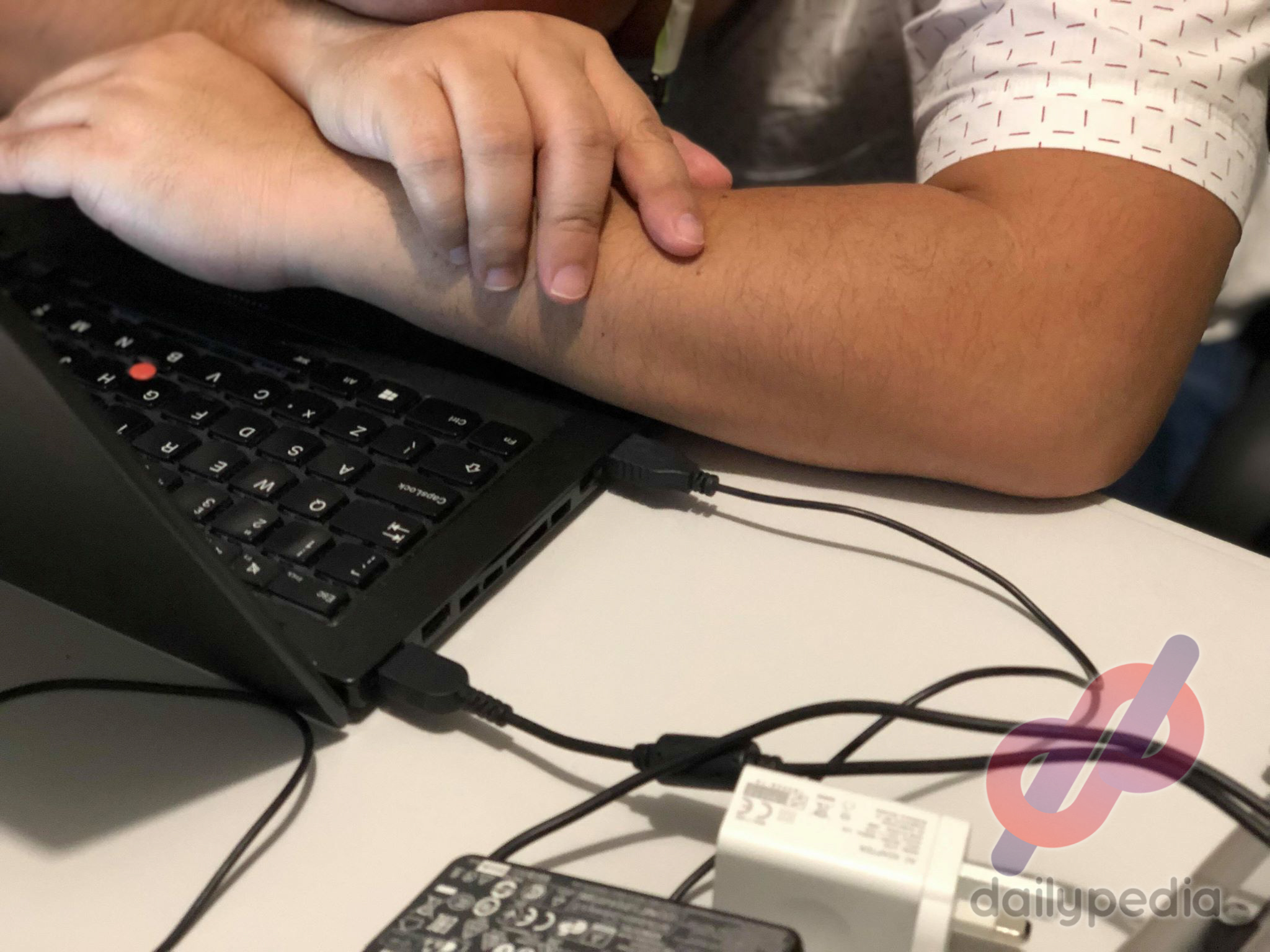According to heart disease and stroke statistics from the World Health Organization (WHO), 15 million people suffer stroke worldwide each year.
Of these, five million die and another five million are permanently disabled.

To prevent these incidents, a lot of research groups continuously explore solutions to save people at risk.
One of these is the Sleep Research Society who says a short nap might have the effect of
improving an abnormal circadian rhythm and modifying a variety of endocrine abnormalities caused by sleep deprivation.
It has been reported that a short nap can reduce stress and blood pressure, with the greatest decline of blood pressure being associated with vasodilation of more than 9% that occurs between the start of resting and actually falling asleep (onset of stage 1 sleep).
Such blood pressure reduction might be associated with a decreased risk of CVD (Cardiovascular Disease) a class of diseases that involve the heart or blood vessels.
Doctors of Sleep Research Society suggested that a short nap was actually associated with a lower incidence of CVD, so shorter naps may not have the same negative effect as longer naps.

As Tony Schwartz, author and chief executive of The Energy Project writes in The New York Times,
“No single behavior has more power to influence overall well-being and productivity, I’ve come to believe, than additional sleep, assuming you don’t currently get enough.”
He goes on to note that short naps can be a powerful and highly efficient way to temporarily compensate for an inadequate night’s sleep.


